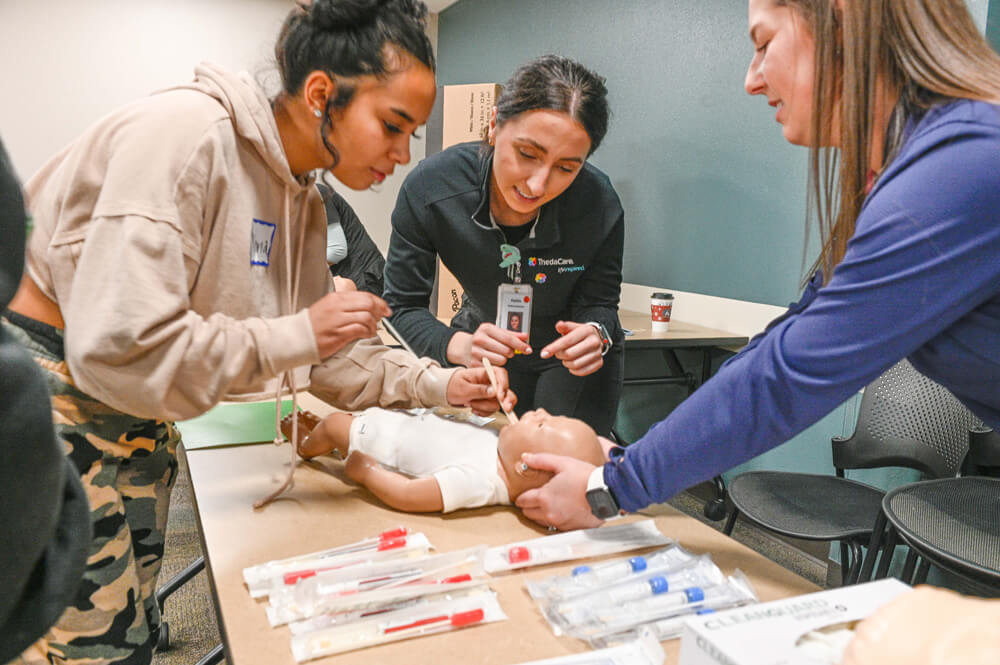Children
Children's mental health is as crucial as their physical health. Good mental health during childhood sets the stage for emotional well-being, academic success, and positive social relationships in the future. This guide provides an overview of common mental health issues in children, signs to watch for, and strategies to support your child’s mental health.
Understanding Children's Mental Health
Importance of Mental Health
Mental health is integral to a child's overall development. It affects how they:
- Think and Learn:
Good mental health helps children focus, retain information, and succeed academically.
- Handle Emotions:
It allows them to manage their feelings and cope with stress.
- Form Relationships:
Positive mental health supports building and maintaining healthy relationships with family, friends, and peers.
Common Mental Health Issues in Children
Children can experience a range of mental health issues, including:
- Anxiety Disorders:
Excessive worry, fear, or nervousness that interferes with daily activities.
- Depression:
Persistent sadness, irritability, or loss of interest in activities they once enjoyed.
- Attention-Deficit/Hyperactivity Disorder (ADHD):
Difficulty paying attention, hyperactivity, and impulsive behavior.
- Behavioral Disorders:
Patterns of disruptive or aggressive behavior.
- Autism Spectrum Disorder (ASD):
Challenges with social interactions, communication, and repetitive behaviors.
Recognizing Signs of Mental Health Issues
Behavioral Changes
Watch for significant changes in your child's behavior, such as:
- Withdrawing from Friends and Activities:
Loss of interest in play and social interactions.
- Mood Swings:
Unexplained irritability, sadness, or excessive emotional reactions..
- Changes in Eating and Sleeping Habits:
Eating significantly more or less, or changes in sleep patterns.
Emotional and Cognitive Signs
- Excessive Worry or Fear:
Being overly anxious about everyday activities.
- Difficulty Concentrating:
Struggling to focus on tasks or easily getting distracted.
- Decline in School Performance:
Sudden drop in grades or trouble paying attention in class.
Physical Symptoms
- Frequent Headaches or Stomachaches:
Often without a clear medical cause.
- Fatigue:
Persistent tiredness or low energy.
Strategies to Support Your Child’s Mental Health
Create a Supportive Environment
- Open Communication
Encourage your child to talk about their feelings. Listen actively and validate their emotions.
- Routine and Structure:
Provide a consistent daily schedule that includes time for school, play, and rest.
Promote Healthy Lifestyle Choices
- Balanced Diet:
Ensure your child eats a variety of nutritious foods.
- Physical Activity:
Encourage regular exercise to boost mood and reduce stress.
- Adequate Sleep:
Establish a bedtime routine to ensure they get enough rest.
Build Resilience and Coping Skills
- Problem-Solving Skills:
Teach your child how to approach and solve problems effectively.
- Stress-Relief Techniques:
Introduce activities like deep breathing, meditation, or hobbies they enjoy to manage stress.
Foster Positive Relationships
- Family Time:
Spend quality time together as a family to strengthen bonds.
- Social Skills:
Encourage your child to make friends and engage in social activities.
Seek Professional Help
If you notice persistent signs of mental health issues, consider consulting a mental health professional. Early intervention can make a significant difference in your child’s well-being.
Resources for Parents and Caregivers
Educational Materials
- Books and Online Resources:
Educate yourself about children’s mental health through reliable sources like the National Alliance on Mental Illness (NAMI) and Mental Health America (MHA).
- Workshops and Seminars:
Attend local or online events to learn more about supporting your child's mental health.
Professional Support
- Therapists and Counselors:
Professionals who specialize in children's mental health can provide assessments and treatment plans.
- Support Groups:
Join parent support groups to share experiences and strategies with other caregivers.
Supporting your child's mental health is a crucial aspect of their overall development. By recognizing the signs of mental health issues, creating a supportive environment, promoting healthy lifestyle choices, and seeking professional help when needed, you can help your child thrive emotionally and psychologically. Remember, you are not alone in this journey. Utilize available resources and seek support to ensure the best for your child's mental health. By taking proactive steps, you can create a healthier and more supportive environment for your child's growth and well-being.
Supporting your child's mental health is a crucial aspect of their overall development. By recognizing the signs of mental health issues, creating a supportive environment, promoting healthy lifestyle choices, and seeking professional help when needed, you can help your child thrive emotionally and psychologically. Remember, you are not alone in this journey. Utilize available resources and seek support to ensure the best for your child's mental health. By taking proactive steps, you can create a healthier and more supportive environment for your child's growth and well-being.




